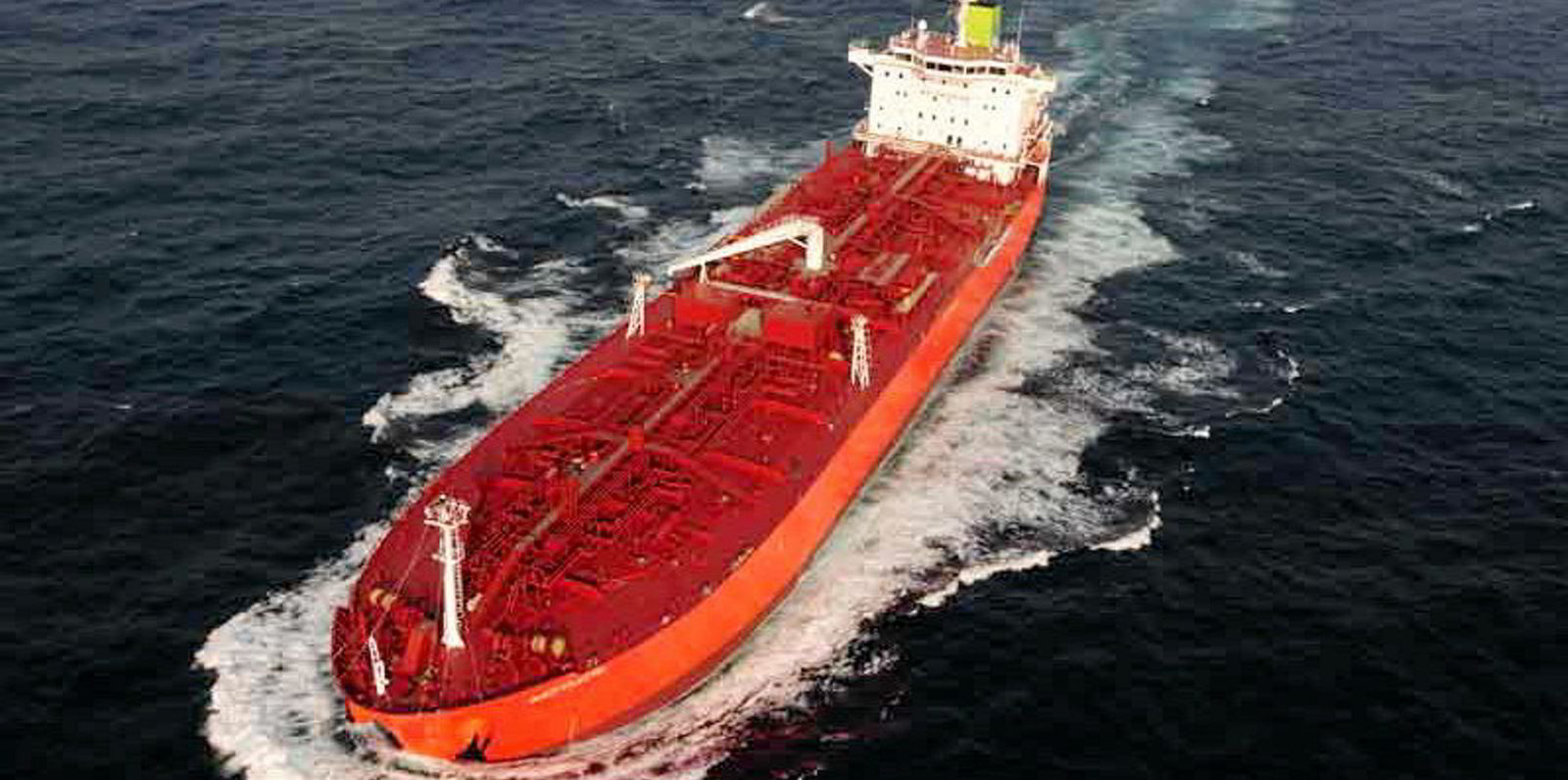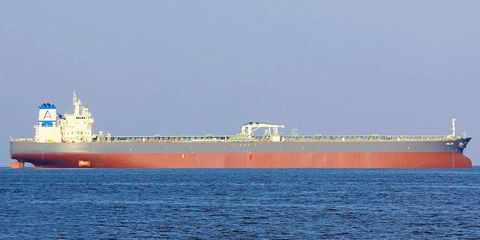Stainless Tankers is expecting rates for its chemical tankers to stand pat as it shifts its fleet into the Womar Pool.
Alex Karakassis, chief executive at the Oslo-listed shipowner, said during the company’s second quarter earnings call that he has received positive news from the pool operator on its contract of affreightment (COA) cover for the third quarter.
“The outlook going into the end of the year and next year is very positive,” he said during the call.
“Part of that optimism is driven by a very attractive COA book that were fixed by the Womar team earlier this year that runs well into next year at rates that will support higher TCEs.
“Even though the spot market becomes significantly weaker, if those COA rates find the range $22,000 per day, $23,0000 per day that would provide significant support to TCEs even if the spot market weakens.”
For the quarter — in which Stainless Tankers posted a $1.2m profit — TCE rates came in at $19,274 per day, while its ships on time charter earned $14,768 per day.
The company had ownership of its fleet for just 58% of available days in the quarter.
Four of its ships are still trading in a Stolt Tankers-run pool, while three are on what Karakassis described as “legacy” deals.
He said the company was beginning to shift vessels into the Womar Stainless Tankers pool and that once the ships on time charter begin pool trading, the company’s average rates will rise.
“Those are in the mid-$14,000 [per day range], legacy time charters. If they enter and they earn 20k per day, that will bring up the overall average TCE we generate with our fleet,” Karakassis said.
Following the third quarter, he expects rates to pick up in the fourth quarter and beyond.
He said fleet growth was less an issue for his company as the orderbook for J19 tankers remains small with most of the ordering being for vessels between 11,000-dwt and 16,000-dwt.
Stainless Tankers’ fleet is in the 20,000-dwt range.
Karakassis added that swing tonnage from the product tanker category only moved into chemical trades on an opportunistic basis and that higher tonne mile demand brought on by Russia’s invasion of Ukraine would remain a factor going forward.
“We don’t observe any changes and therefore any structural changes on the supply side,” he said.
“The global economy is probably slowing a little bit and China has been a little bit of a disappointment, but that was never part of our thesis, so we feel this market is ... well supported.”






